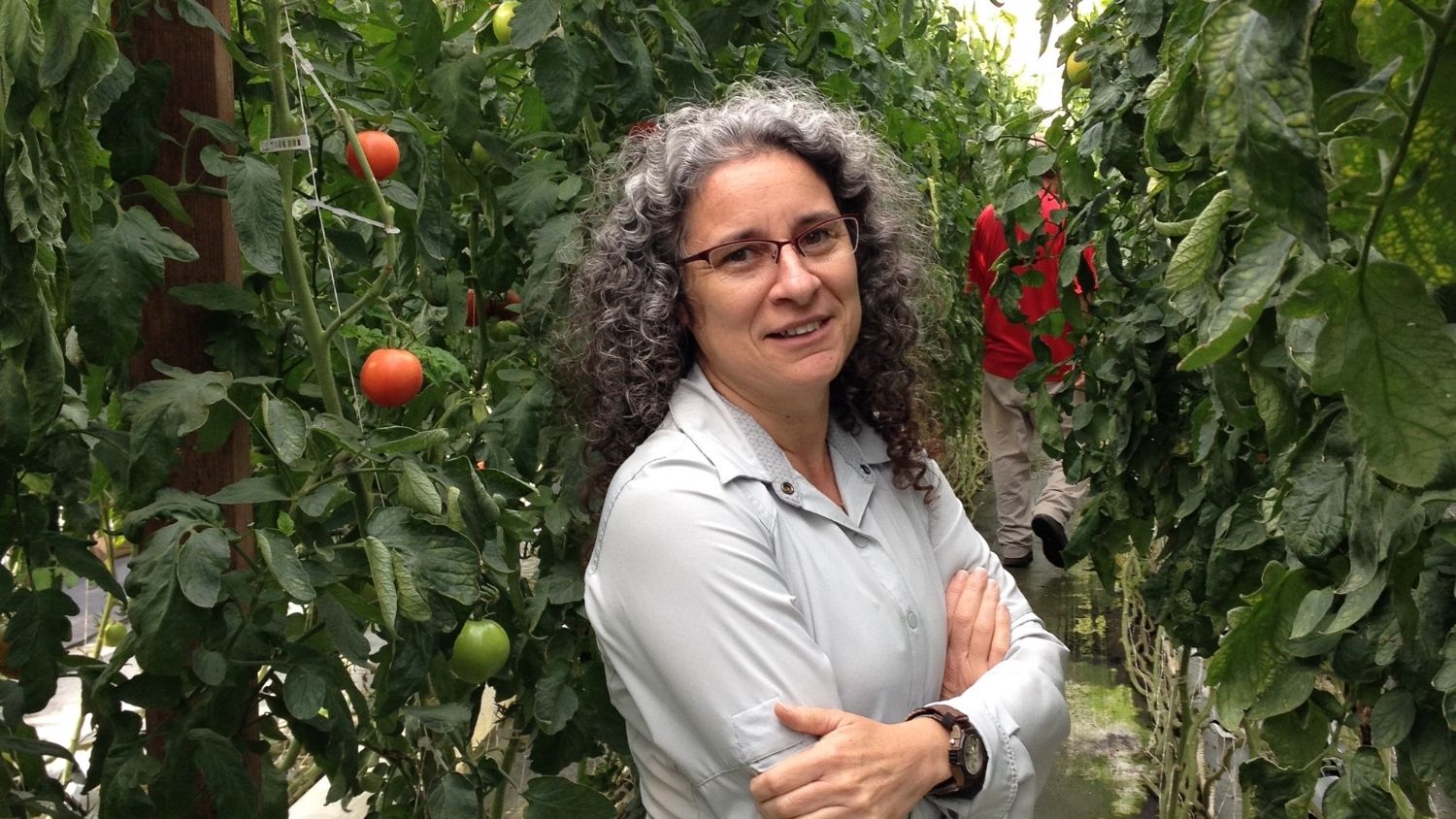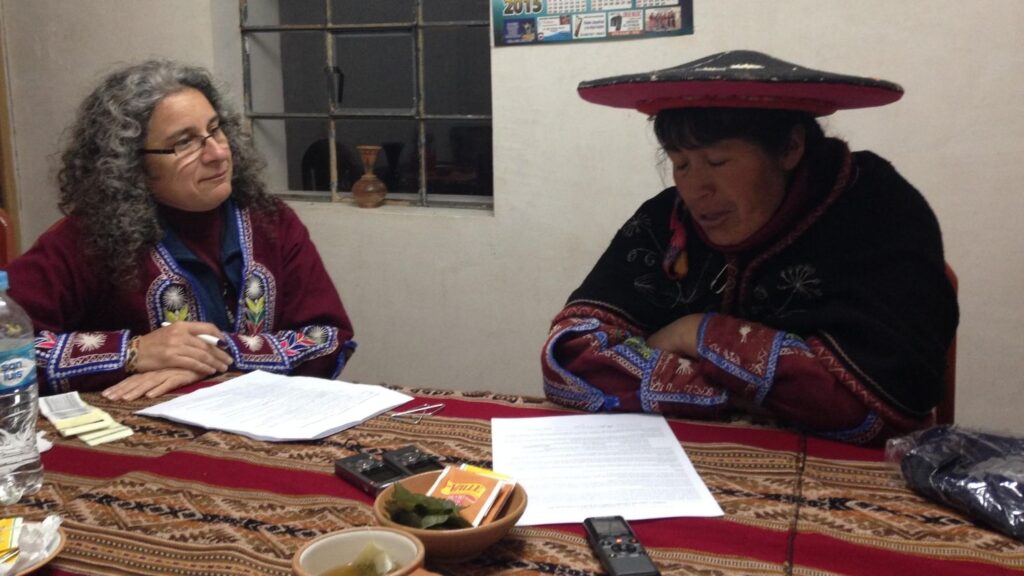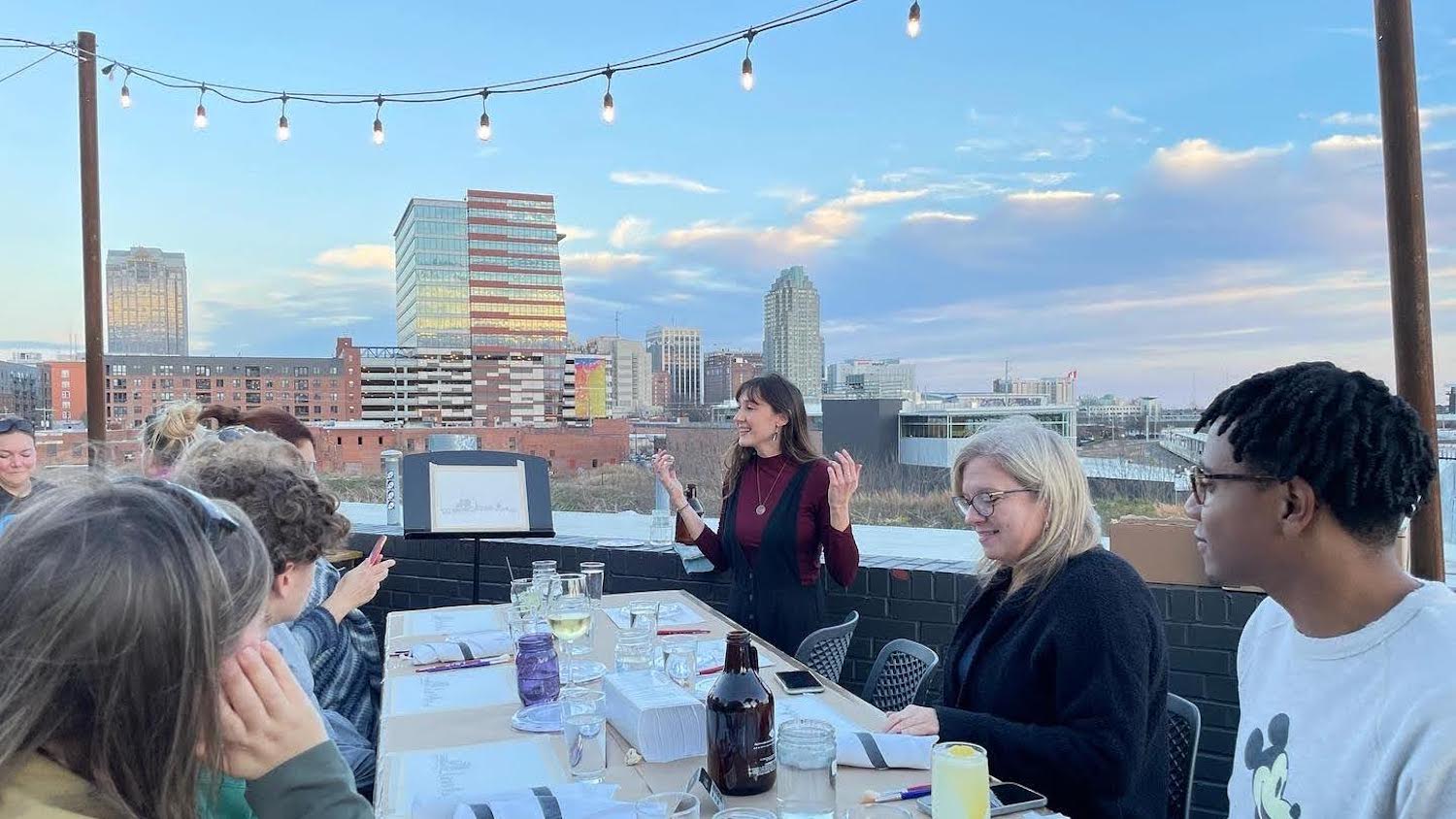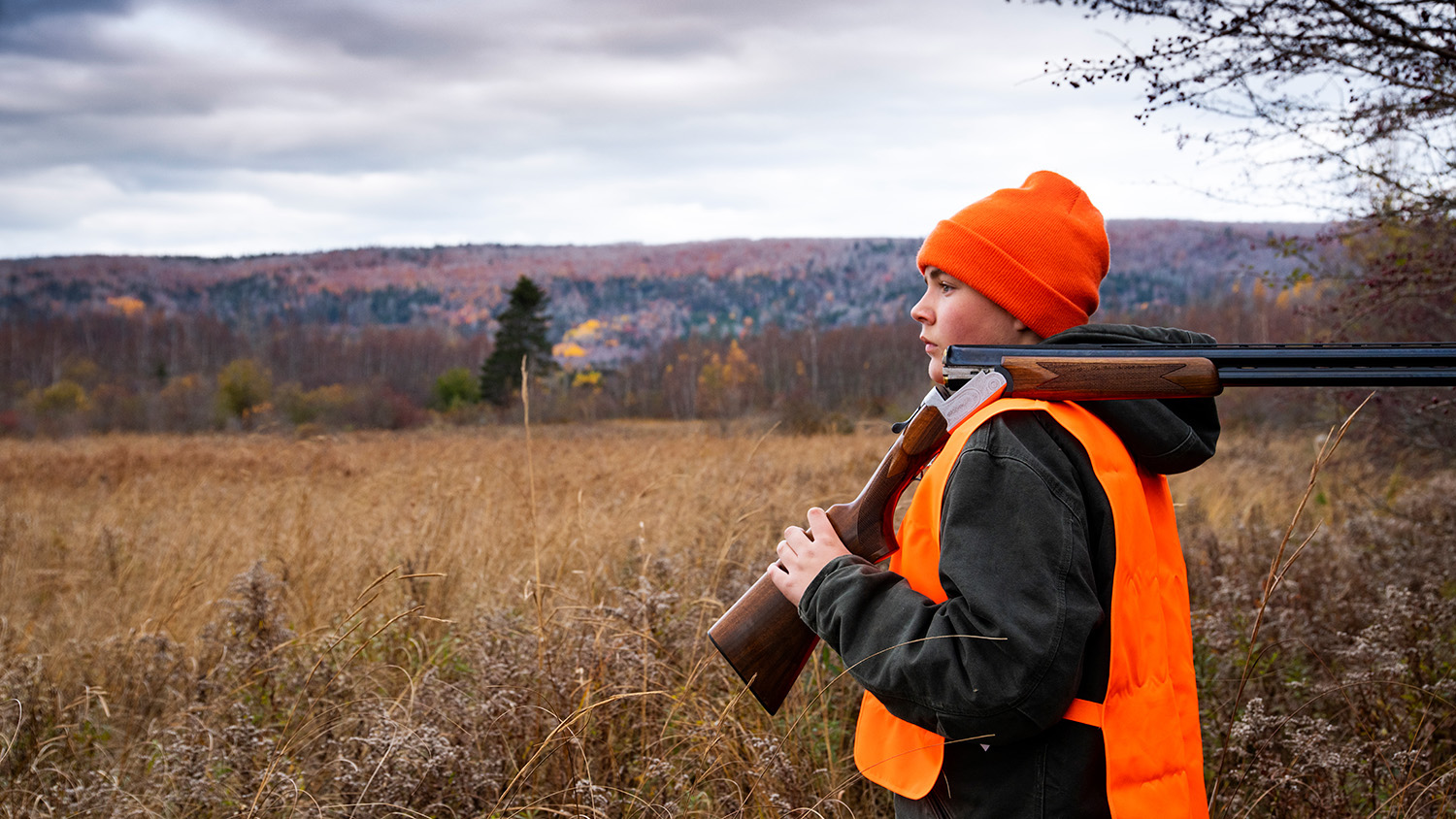Faculty Feature: Meet Professor Carla Barbieri

This article is part of a series highlighting faculty at the NC State College of Natural Resources and their research expertise.
Carla Barbieri is a professor of parks, recreation and tourism management, as well as an extension specialist. She is the founder and lead investigator of the Agritourism and Societal Well-being Lab, where she studies how sustainable tourism can benefit communities, especially in rural areas.
Barbieri earned a bachelor’s degree in law and political sciences from Universidad de Lima in Lima, Peru. Following graduation, she became a lawyer but ultimately decided to earn a master’s degree in conservation of forestry resources from Universidad Agraria La Molina, also in Peru. Barbieri then earned her Ph.D. in parks, recreation and tourism resources from Michigan State University, and taught at the University of Missouri for five years.
Barbieri came to NC State’s Department of Parks, Recreation and Tourism Management in 2012, encouraged by the faculty’s scholarly recognition, as well as the wide range of research areas. “The breadth of research areas in the department was also important,” she said. “It is innovative and bridges across multiple disciplines, while still valuing core research areas.”
During her time at NC State, Barbieri has conducted research around the world, including in the Andes and in Spain as a Fulbright U.S. Scholar. No matter the location, though, it is the person-to-person interaction that she finds meaningful.
“Learning that farmers in Italy have the same challenges as the ones in the Andes, North Carolina or the Midwest and that they all see agritourism as a sustainable way to improve their well-being keeps me motivated to continue my research,” she said.

As a professor and researcher, Barbieri studies how to maximize the benefits of travel for local providers, host communities and tourists, all while minimizing negative impacts. “More narrowly, my investigation focuses on agritourism, which happens when people visit working farms for education, leisure or recreation,” she said.
The Agritourism and Societal Well-being Lab has two intertwined goals. The first is to design studies in a way that advances scholarly knowledge of agritourism. The second goal focuses on addressing the needs of agritourism providers and improving rural well-being, which is core to the lab’s Extension mission. The lab is currently conducting multiple projects, including a study led by doctoral student Claudia Gil Arroyo on how local craft-beverages can foster community and destination brand development.
Partnering with Kathryn Stevenson and Whitney Knollenberg, both of the Department of Parks, Recreation and Tourism Management, Barbieri is finishing a study on how various forms of agritourism impact willingness to purchase local food. She is also working with master’s student Jaelle van de Velde to study levels of creativity among food and agricultural-focused travel experiences.
Through her work, Barbieri hopes to support the financial, cultural and environmental sustainability of small farms, something she says is put at increasing risk by the growth of large-scale agriculture. “This is a problem because small farms provide important socio-cultural and environmental benefits to society beyond the production of food and fiber,” she said. “Agritourism increases farms’ income, which ultimately keeps more small farmers in business and helps to protect agricultural heritage and natural resources.”


